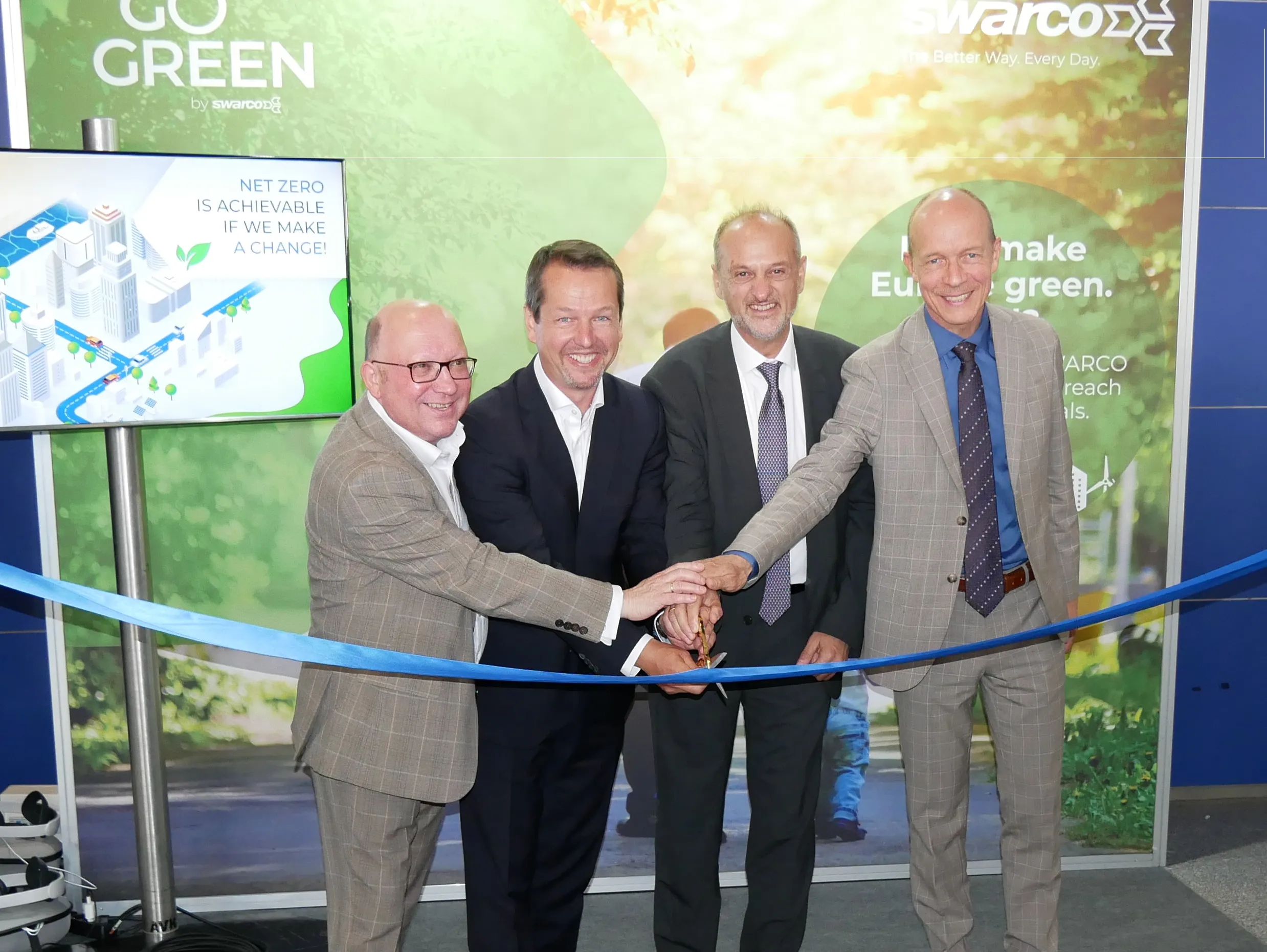The City of Cardiff Council is the latest member of the Compact of Mayors, a commitment by city leaders across the world to address climate change, by reducing greenhouse gases and setting an action plan to drive down emissions from buildings, transport and waste management.
The Compact for Mayors was launched in 2014 by the UN Secretary-General Ban ki-moon and his Special Envoy for Cities and Climate Change, Michael R Bloomberg. The principles of the partnership are to standardise how greenhouse gas emissions are monitored, reduce them and ensure this information is readily available to the public.
Phil Bale, leader of the City of Cardiff Council, said: “The Council is committed to the green agenda, and I think joining this partnership is clear reflection of this commitment. This pledge shows our continued efforts to embrace the issues of sustainability, a key priority for the City of Cardiff as we continue in our aim to make Cardiff the most liveable European capital city.”
Councillor Ramesh Patel, Cabinet Member for Transport and Sustainability, commented: “I am pleased Cardiff has joined this group, which is the largest coalition of city leaders to bring about our common goal, to reduce greenhouse gas emissions and their impact on the environment.”
City of Cardiff Council joins Compact of Mayors
The City of Cardiff Council is the latest member of the Compact of Mayors, a commitment by city leaders across the world to address climate change, by reducing greenhouse gases and setting an action plan to drive down emissions from buildings, transport and waste management. The Compact for Mayors was launched in 2014 by the UN Secretary-General Ban ki-moon and his Special Envoy for Cities and Climate Change, Michael R Bloomberg. The principles of the partnership are to standardise how greenhouse gas emissi
December 23, 2015
Read time: 2 mins










